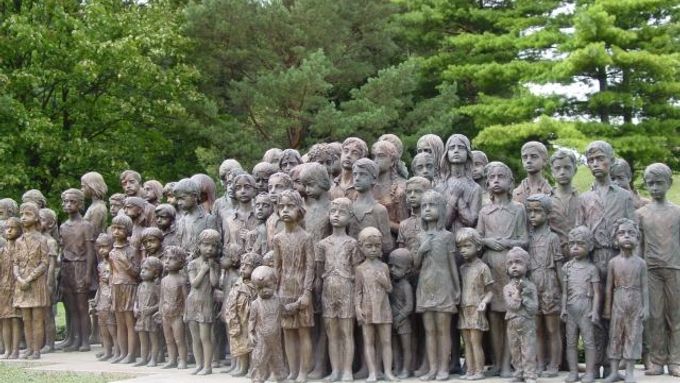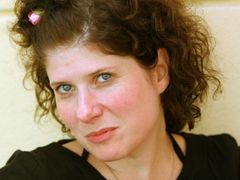Prague - Czech audience and critics often grumble that the local film industry produces only romantic comedies, while historical films, for example, are missing from the screens.
But the situation at the National Fund for Cinematography is improving, with more money being given to fewer projects, and new epic and "more serious" films are starting to appear.
Following the highly successful "Bathory", three films about World War II are being released. In September, Václav Marhoul's "Tobruk", a story of Czechoslovak soldiers fighting in Tunisia in the early years of the war, is going to premier.
Marek Najbrt has been filming "Protektor", with financial support from the fund, about the life of a Czech actress around the time of Reinhard Heydrich's assassination in Prague.
Another ambitious project "Lidice" will also return to this turbulent period in the wartime Protectorate of Bohemia and Moravia.
Some of the worst Nazi terror in this country was unleashed after Czechoslovak parachutists, trained and sent in from Britain, fatally injured the Reich Protector of Bohemia and Moravia on May 27, 1942.
As reprisal, after Heydrich died of his wounds on June 4, Nazi commander and the Protectorate's secretary of state Karl Hermann Frank ordered a small village of Lidice, in Central Bohemia, to be burned and razed to the ground. All adult male inhabitants were executed on the spot, while women and children were taken to concentration camps.
Story of three skirt-chasers
The script for "Lidice" was written by Zdeněk Mahler, who received the Sazka Prize for it at this year's Český lev (Czech Lion) awards. Adam Dvořák will be producing the film together with the Central European entertainment group AQS, which scored a big success with Jiří Menzel's "I Served the King of England" in 2006.
"With a little exaggeration I can say that it's a story of three skirt-chasers," says Dvořák. "One of them wanted to impress his lover and said that he was a resistance fighter. When he wanted to get rid of her, he wrote to her that he has to hide out for a while," the producer explains the character of Václav Říha, whose tragic real-life story lay at the heart of the destruction at Lidice.
The other protagonist is the only man who survived the burning of Lidice, since at that time he was in jail for the murder of his son, who he killed in a dispute over his lover.
The third main character in the movie is Heydrich himself. "He was kicked out of the army because of his love affairs, and hated it ever since."
To attract women
Dvořák would like "Lidice" to have the same renown that the recent Andrzej Wajda film "Katyn" won in Poland. "I'd like "Lidice" to become a national film. It won't be just a war movie, for the handful of war-history buffs," he adds, saying that he would like the film to attract women as well.
Maybe this is also why Alice Nellis was finally chosen to direct this film. Some earlier candidates were Agnieszka Holland ("Europa Europa") and Jiří Svoboda.
For Nellis, who has usually stuck to family and personal dramas in films such as "Tajnosti" (Little Girl Blue), "Vylet" (Some Secrets) and "Ene Bene", this will be the first foray into historical filmmaking. "Alice knows how to reveal relationships, which is a topic closer to women. We want to make this a film for everyone," says Dvořák.
"Lidice" is still in the phase of screenplay correction. The cast has not even been announced yet. Filming should start in the fall of next year, and the movie should appear on the big screen by September 2010.
The total budget is expected to be CZK 65 million. "We are trying to get money for the film from the outside as well, otherwise it would not be possible," concludes Dvořák.


